Every woman aims to have better skin to look more beautiful. I know I do, and to be able to achieve this, I am always trying out new products to see which one works for my skin best. However, what I’ve found out recently is that not all beauty products are good for the skin. Did you know that some of the ingredients used in skincare products in the U.S. are actually banned in other countries? Before you panic, you should know that they are banned in some countries because there is not enough information about their benefits, so it’s not necessarily because they are harmful. But you shouldn’t be so lax on choosing skincare products either. I recommend that you always check out the product label to know some of the scary skincare ingredients you should avoid. Some of them are listed below:
- Benzoyl Peroxide – If you’re like me who aims for acne-free skin, you are probably already familiar with benzoyl peroxide. This is, after all, one of the most common ingredients that fight acne. But unfortunately, it doesn’t come without side effects. It is known to trigger tumor growth. Benzoyl peroxide is a mutagen, which means that it can cause DNA damage not only in humans but also in animals.
- Dioxin – What makes dioxin more dangerous is because it is often not put in the ingredient label of products despite its harmful effects. You will be more prone to cancer and nervous system disorders. You may also develop a weaker immune system. If you are pregnant, you have to stay away from dioxins because it has been linked to birth defects and even miscarriage. Dioxins are often found in triclosan, emulsifiers, polyethylene glycol, ethoxylated cleansers, and most other antibacterial ingredients.
- Diethanolamine – You will see DEA as a common ingredient in shampoos, lotions, and soaps. It is a lathering instigator that is not considered harmful on its own, but when combined with other ingredients it can create harmful carcinogens. One carcinogen it can produce is nitrosodiethanolamine (NDEA) which causes stomach, liver, bladder, and esophagus cancer when absorbed by the skin. The skin absorbs this very easily which makes it even more dangerous.
- Parabens – Parabens have been the subject of more recent discussions about the safety of cosmetics and skin care products. Their presence in small levels is not dangerous, but since they are often seen in various products, there is the worry of buildup which can cause breast cancer. Paraben is also known as ethylparaben, methylparaben, butylparaben, and propylparaben. I look for “paraben free” labels on beauty products before buying them, and so should you.
- Formaldehyde – You should already be familiar with the dangers of formaldehyde. It is a known human carcinogen and can lead to irritation of the throat, eyes, and nose. Cancer and asthma are also associated with frequent use of products containing formaldehyde. This is often used to replace the equally dangerous paraben. It can be listed in beauty products as DMDM hydantoin diazolidinyl urea, N-glycine, quarternium-15, Imidazalidol urea Sodium hydromethylglycinate, or monosodium salt.
- Phthalates – I read that phthalates actually cause reproductive side effects in both men and women. Because it disrupts the endocrine system, it can also cause neurological problems. Check nail polish for the presence of this component before buying. It is also found on baby teeters and feeding bottles as well as other cosmetics. Phthalates can be listed as di-n-butyl phthalate or diethyl phthalate (DEP).
- Petrolatum – I will admit that before I knew better, I used petroleum jelly for various purposes. It was handy and helpful for me until I found out that it triggers acne and can even cause premature aging. I haven’t seen a direct correlation with the use of petroleum jelly and acne outbreaks on my own face, but I want to stay safe. What bothers me most though is the fact that it has a low immunity against invasion of harmful substances, which could spell danger for those who use it on the face.
- Triclosan – I love using hand soaps, but after knowing that most of them have triclosan as the active ingredient, I became scared for the state of my skin. It accumulates fat and has been related to thyroid dysfunction. When combined with chlorine in tap water, it can also turn to chloroform, which is another dangerous substance. If you think about it, it will always be combined with chlorine in the tap since hand soaps that contain it need to be washed off using water. That means that with every use of hand soaps, which are supposed to clean our hands, we are actually endangering our body. Triclosan is also used in deodorants, toothpastes, and even acne products.
- Hydroquinone – I’ve seen this ingredient in certain whitening products in the US and a quick search told me that it is actually illegal in Australia, Japan, and Europe. In the US, the allowed concentration is less than 2 percent. Hydroquinone does lighten the skin, but while doing this it reduces melanin which in turn makes it easier for UVA and UVB rays to cause skin cancer. This ingredient is commonly used in African and Asian whitening products. Some skin toners also use hydroquinone which makes me wonder if there is a way to escape this ingredient.
- Talc – Talc is a common ingredient in rogue, face powder, and even baby powder. But considering that it can be infused with asbestos which is known to cause cancer, I’d think twice about buying any beauty product that uses talc. I think I’ve also seen some blushing powders list talc as an ingredient. I’m not exactly sure if I can find talc that is not infused with asbestos, so in the mean time I am sticking to not using them in general.
It is scary knowing that the skincare products we can freely buy around us have so many harmful chemicals. It is even scarier knowing that they are being produced apparently for our benefit, when in fact they can cause us harm. This is why as a wise buyer, I encourage you to be vigilant about the products you use on your skin. In the end, you are the only person thinking about your safety and best interests.

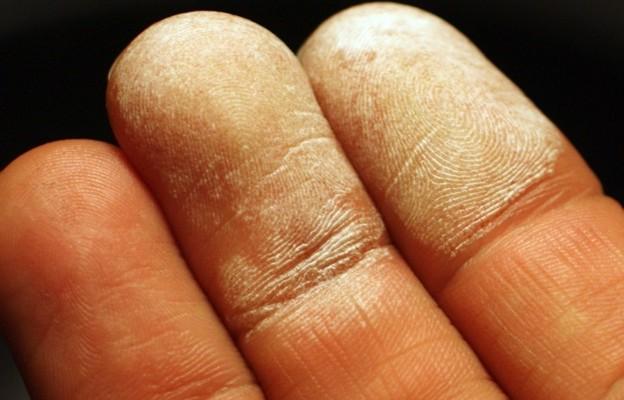
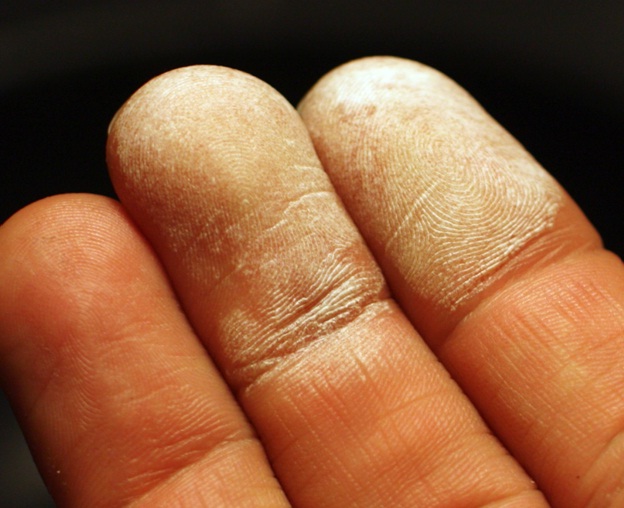
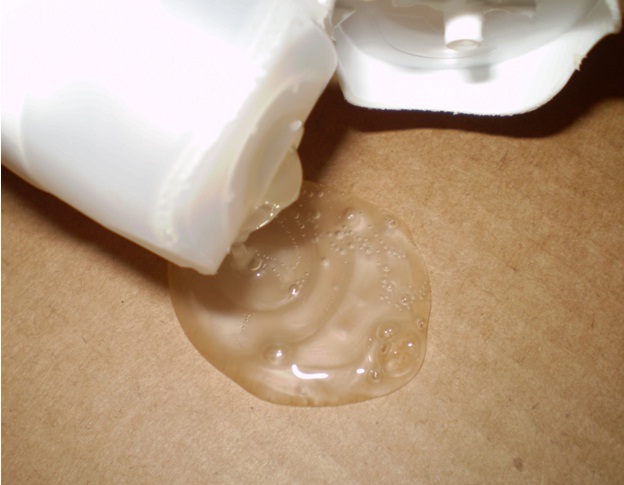
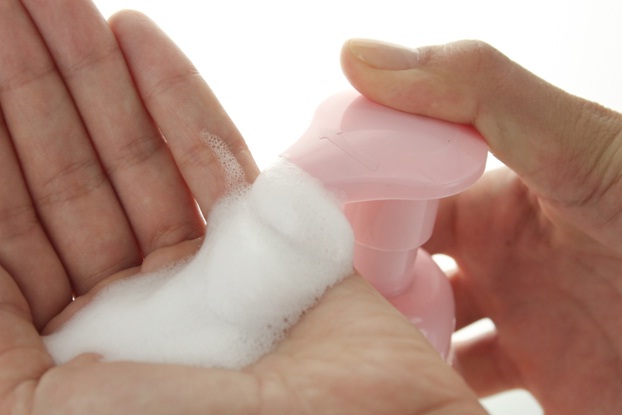
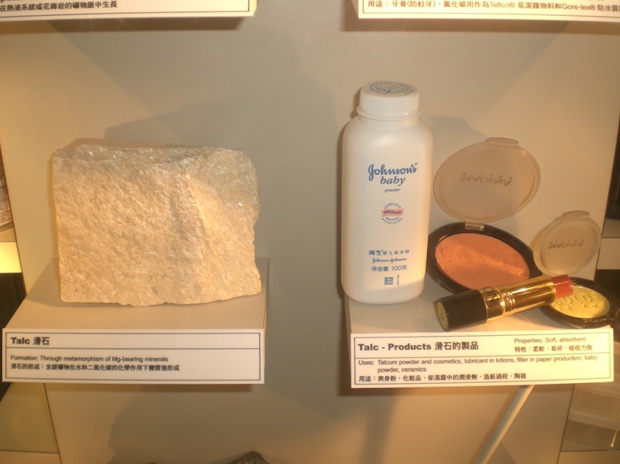
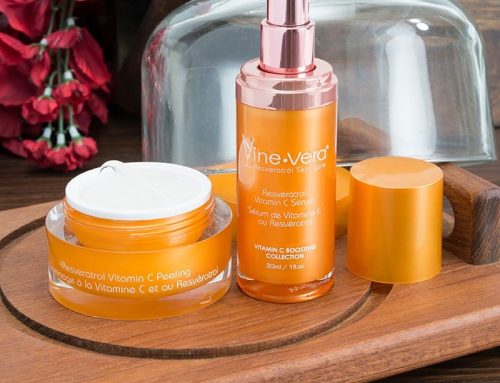
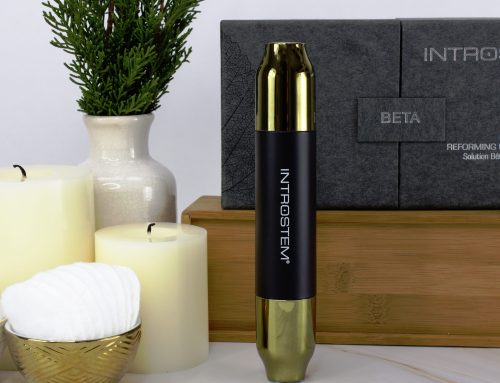
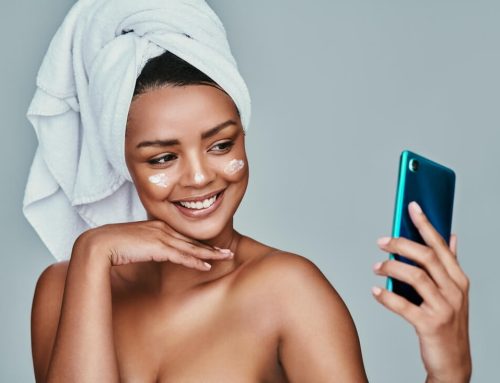
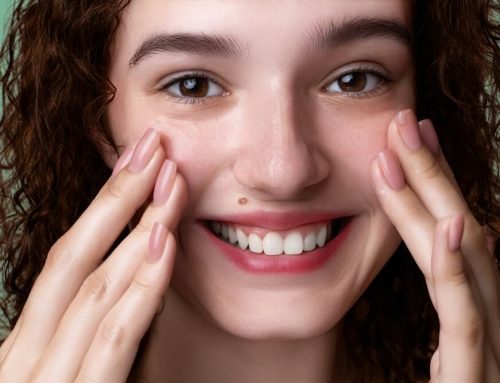
Leave A Comment